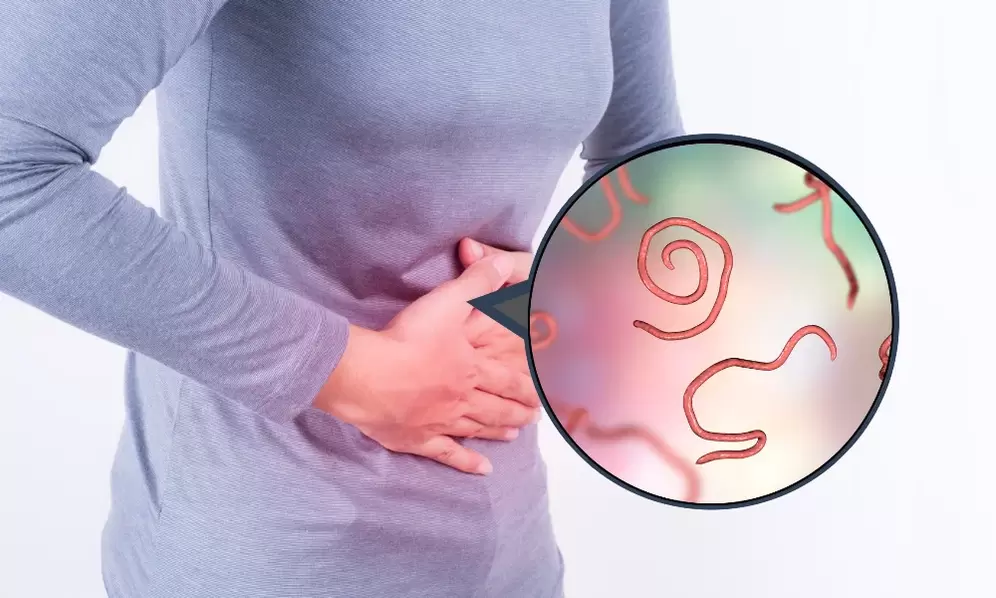
About disease
type
- Biological helminthiasis: Pathogens require intermediate hosts for development and spread;
- Geohelminths: There is no intermediate host and the eggs and/or larvae mature in the soil;
- Contact helminth infection: Pathogens are spread directly from person to person.
symptom
- Acute, lasting up to 2 months;
- Chronic, lasting for several years.
- Roundworms, bovine and pork tapeworms, pinworms - large intestine;
- Flukes - liver, bile ducts;
- Echinococcus, paragonimiasis - respiratory system organs;
- Echinococcus, Asphyxiococcus, schistosomiasis - part of the central and peripheral nervous systems;
- necators, cersodoses – circulatory system;
- Trichinella spiralis, filarial worms - organs of lymphatic structures.
- Muscle pain;
- Increased body temperature;
- Chills;
- abdominal pain;
- Flatulence and other indigestion symptoms;
- general deterioration in health;
- weakness;
- rapid fatigue;
- dry cough;
- Difficulty breathing;
- Increased irritability.
- Persistent abdominal pain that worsens after eating or physical exertion;
- flatulence;
- abdominal bloating;
- Intestinal disorders.
- persistent fatigue;
- indifferent;
- Unmotivated weight loss;
- rash;
- Itchy skin;
- excessive irritability;
- Outbursts of appetite, alternating with complete indifference to food.
- severe shortness of breath;
- Frequent dry cough;
- Feeling tired and weak;
- Arrhythmias.
reason
- Raw and undercooked beef, pork, chicken, and other meats;
- fresh red fish;
- raw eggs;
- Improper washing of fruits, vegetables, fruit and herbs.
diagnosis
- clinical blood tests;
- Stool analysis for worm eggs;
- Perform ELISA or PCR as indicated;
- Specific tests to assess liver function;
- Gua Sha treats pinworms;
- Histology of various tissues and biological fluids.
Expert Opinion
treat
- detox measures;
- antipyretics;
- anti-allergic and anti-itch medications;
- Diuretics are used for edema.
prevention
- Control the quality of your drinking water by using boiled, carefully filtered or bottled water;
- Avoid eating raw meat and fish;
- Purchase food at official retail stores;
- Wash vegetables, fruits, berries and herbs before eating;
- Do not use other people’s personal hygiene products;
- Wet clean areas where pets live regularly;
- Do not eat unwashed fruit from the garden;
- Treat parasites in pets.

















